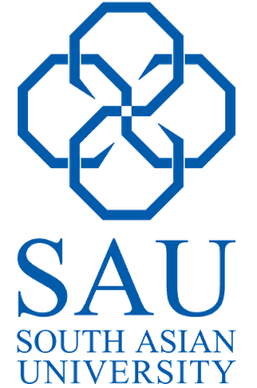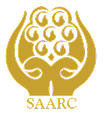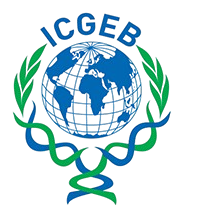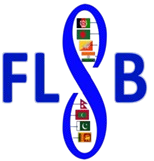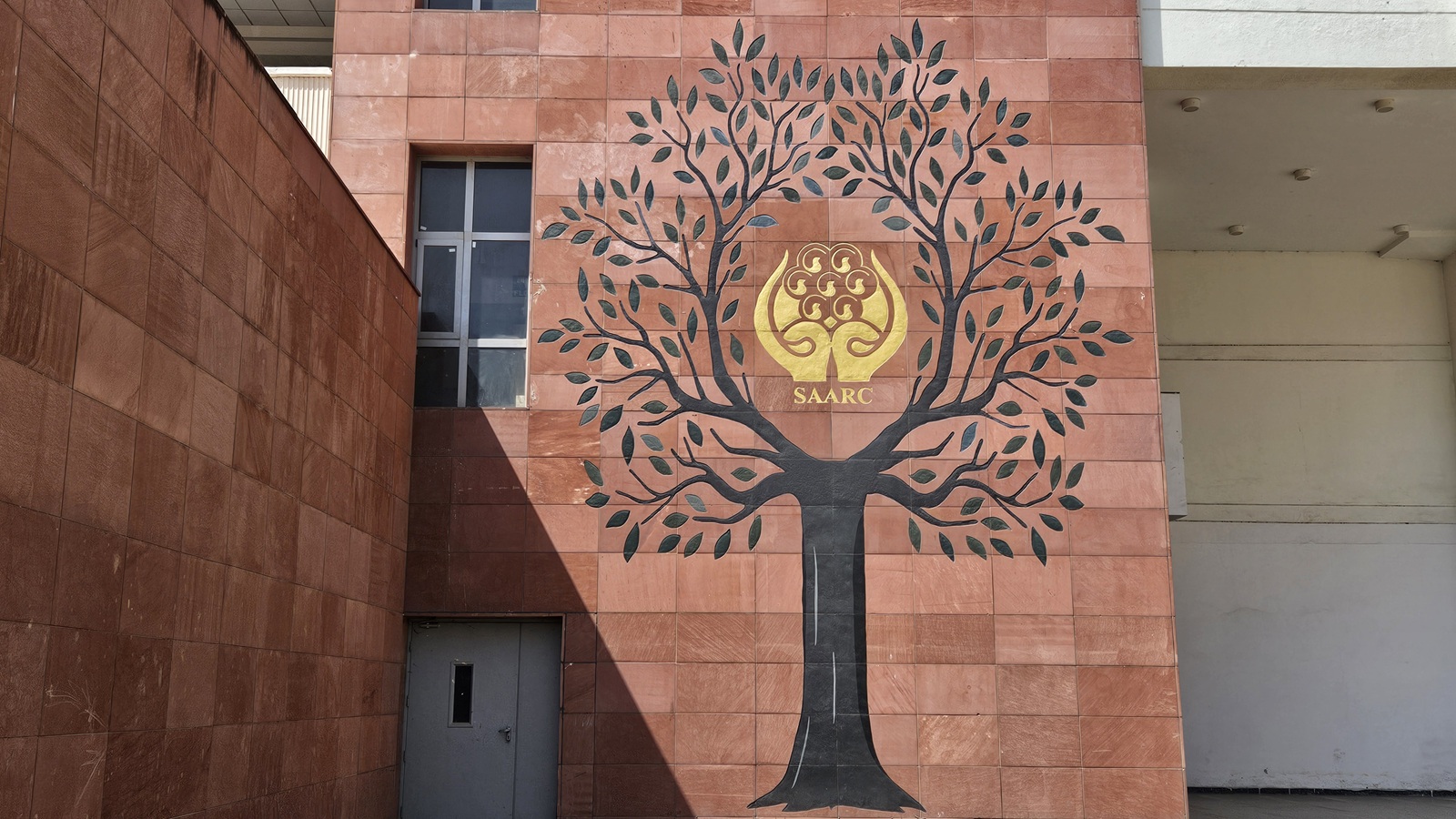
The eight countries that constitute the SAARC have shared histories for thousands of years and face similar aspirations as well as problems in their efforts to achieve a healthy and prosperous lifestyle for their citizens.
South Asian University (SAU) was established in 2010 through SAARC mechanisms and has given a significant and tangible boost to the prospects of Member States working together in the real sense. SAU is a unique institution of higher education and research as it is jointly established and funded by all SAARC Member States. Students and scholars at SAU come from all South Asian countries and have a very authentic mandate to work on common problems from a South Asian perspective.
In this direction the first South Asian Biotechnology Conference (SABC) held in New Delhi in 2015 was a bold initiative of the Faculty of Life Sciences and Biotechnology (FLSB), SAU and a new experiment to bring together biotechnologists of the region on a common platform.
Later on, SABC was circulated in other SAARC countries- SABC 2016 in Dhakha, Bangladesh; SABC 2017 in Kathmandu, Nepal; SABC 2018, Colombo, Srilanka; SABC 2019, New Delhi, India. There was a break in meeting due to Covid from 2020-2022. SABC was resumed in 2023 in Dhakha, Bangladesh.
The upcoming 7th SABC-2025 will be held in the beautiful permanent campus of South Asian University in New Delhi. This conference will bring together scientists, students, industry leaders and policymakers from various areas of Life sciences and Biotechnology under one roof to learn for an intensive networking and strengthening of regional collaborations in emerging areas.
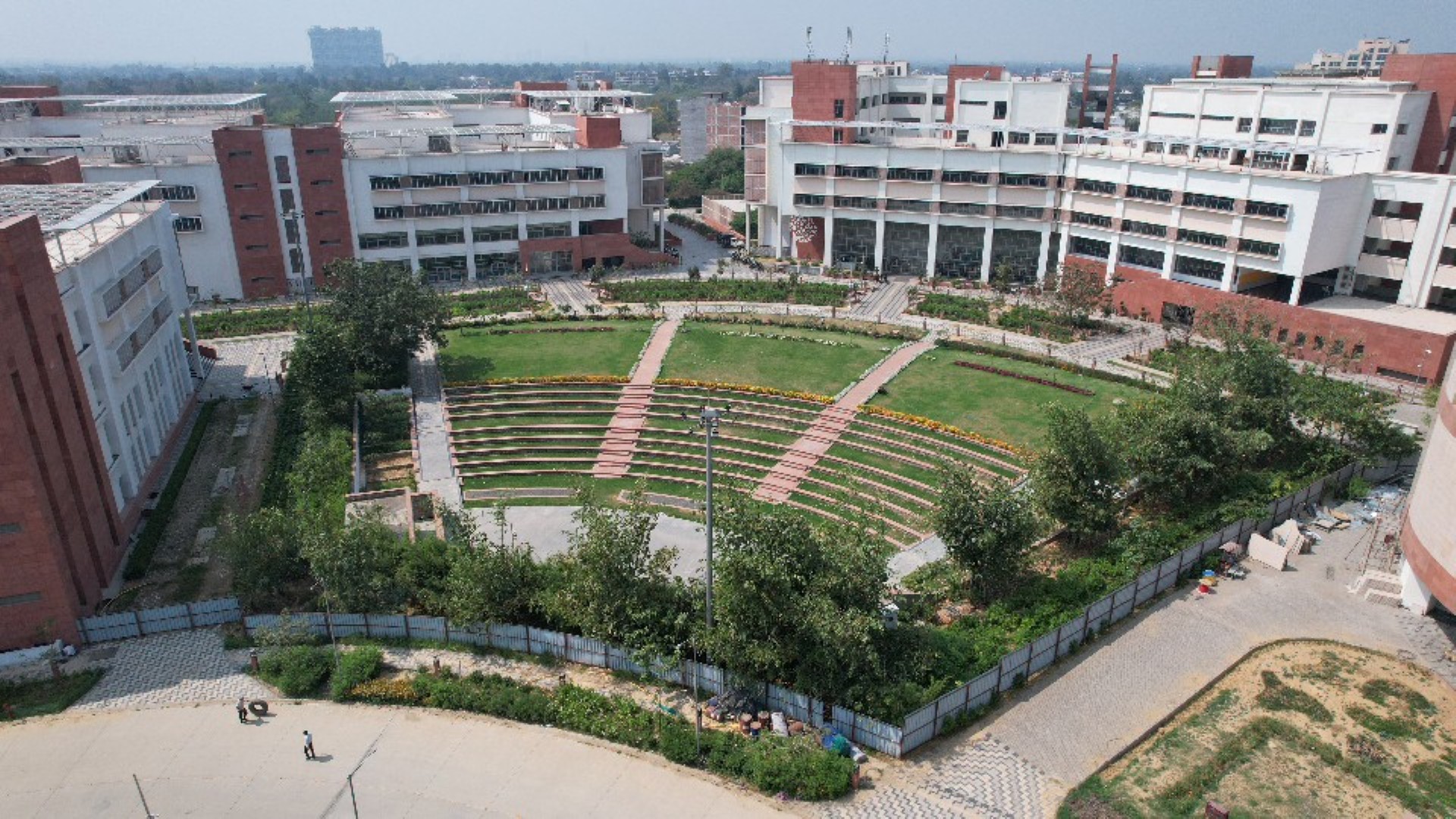
PRELIMINARY PROGRAM – SABC 2025
Time |
Day 1 (Oct 29, 2025) |
Day 2 (Oct 30, 2025) |
Day 3 (Oct 31, 2025) |
Day 4 (Nov 1, 2025) |
9:00 AM |
Session I: Immunology and Infectious Diseases |
Session V: Frontiers in Biotechnology | ||
11:00 AM | Registration and Networking |
Tea Break |
Tea Break | |
11:30 AM |
Session II: Plant and Agricultural Biotechnology |
Panel Discussion Enhancing Collaboration in SAARC region |
Workshop (For Selected Participants)
Hands on laboratory training in | |
Closing Ceremony | Gene expression analysis using qRT-PCR and Western blotting | |||
1:00 PM | Lunch and Poster session-I | Lunch and Poster session-II | Lunch | |
Inaugural Session |
Workshop (For Selected Participants)
Hands on Laboratory training in
Gene expression analysis using qRT-PCR and Western blotting | |||
2:00 PM | Prof. Ramesh Sonti Director ICGEB, New Delhi Prof. K. K. Agarwal President, SAU Dr. Rajesh Gokhale, Secretary, DBT | Session III: Environmental and Industrial Biotechnology
Session IV: Non-communicable and life style Diseases | ||
| 4:30 PM | High Tea | |||
| 5:00 PM |
Cultural Evening | Plenary Address | ||
| 7:00 PM | Inaugural Dinner |
For queries, contact sabc2025@sau.int
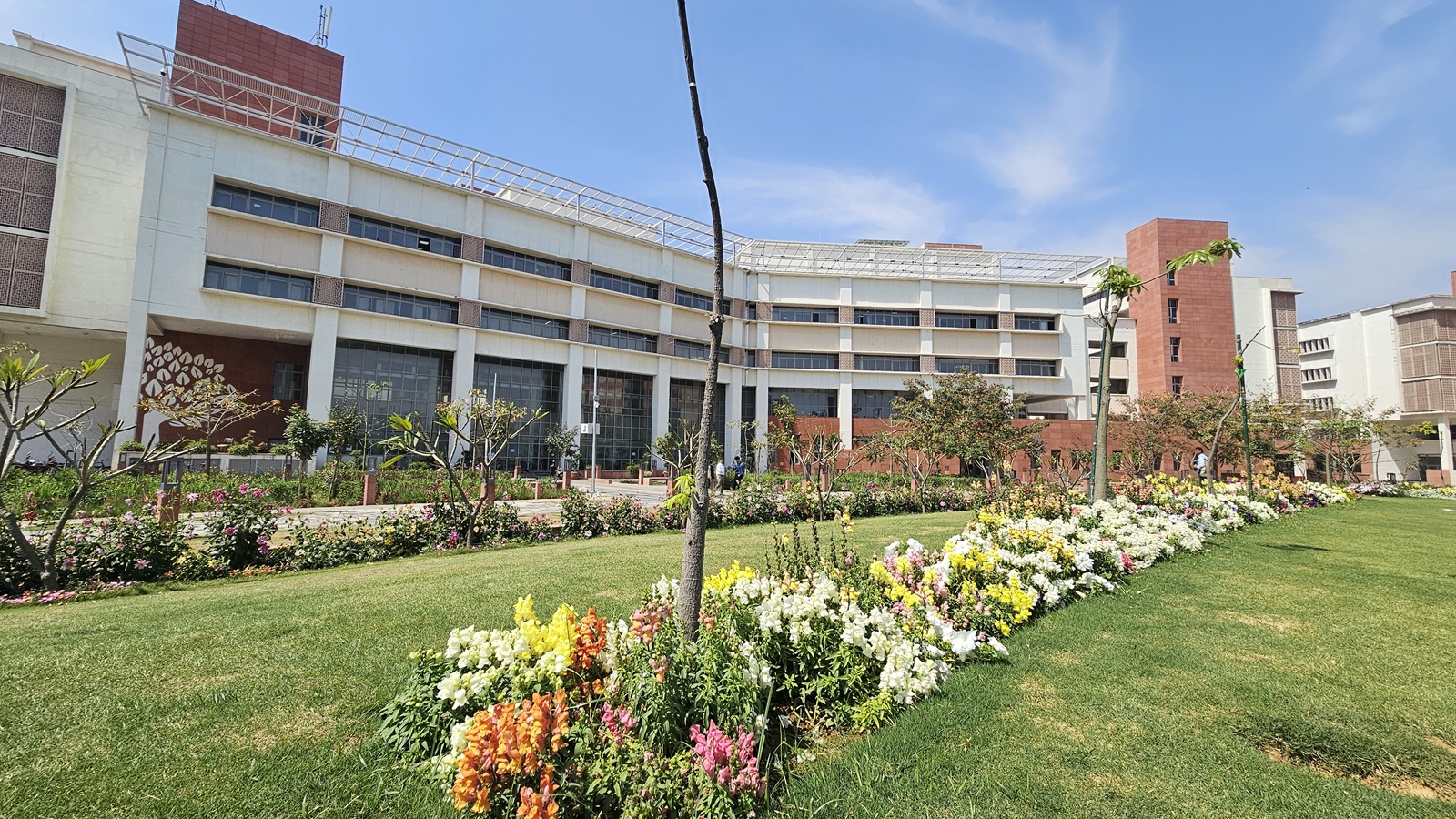
Speakers
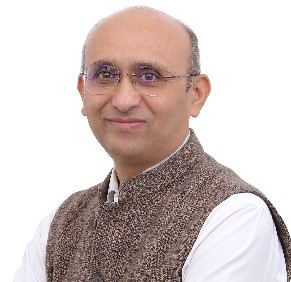
Dr. Rajesh Gokhale
Secretary
Department of Biotechnology (DBT), New Delhi, India
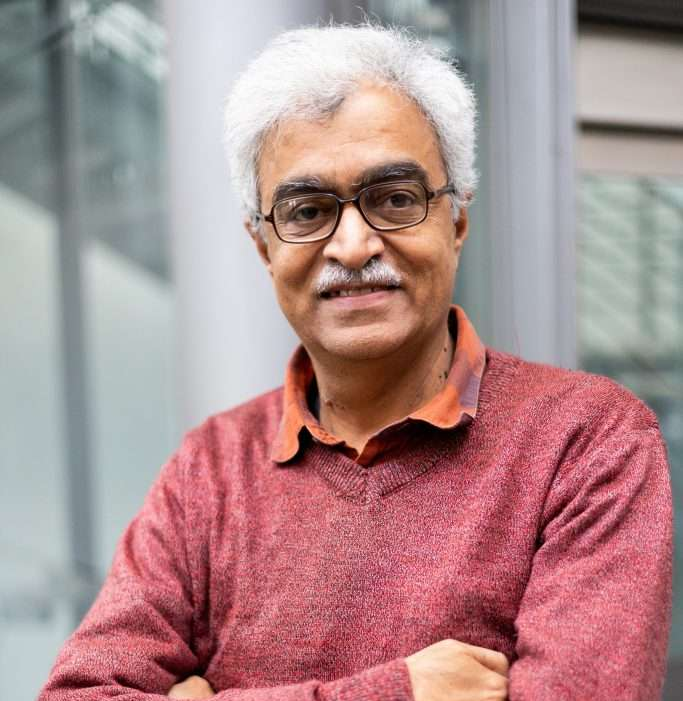
Dr. Ramesh Sonti
Director
International Centre for Genetic Engineering and Biotechnology (ICGEB), New Delhi, India
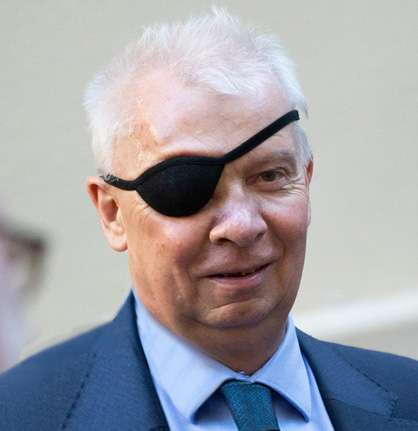
Dr. Lawrence Banks
Director-General
International Centre for Genetic Engineering and Biotechnology (ICGEB), Trieste, Italy
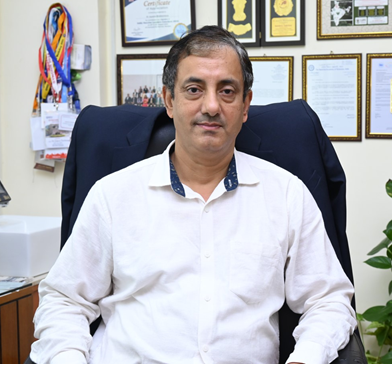
Dr. Jayanta Bhattacharya
Dean
Translational Health Science and Technology Institute (THSTI), Faridabad, India
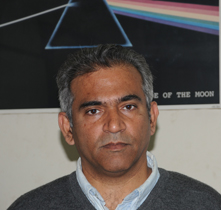
Dr. Pushkar Sharma
National Institute of Immunology (NII), New Delhi, India
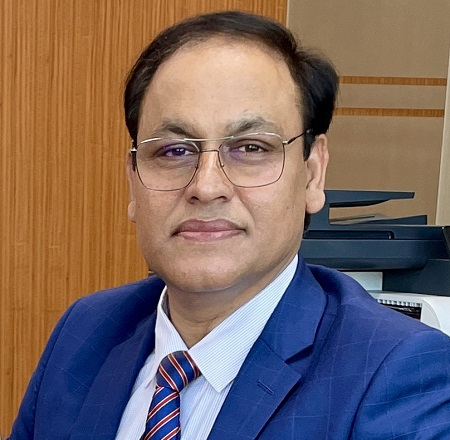
Dr. Ashwani Pareek
Executive Director
BRIC-National Agri-Food and Biomanufacturing Institute (NABI), Mohali, India
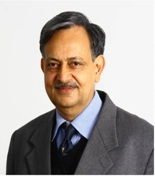
Dr. Shiv Kumar Sarin
Director
Institute of Liver and Biliary Sciences (ILBS), New Delhi, India
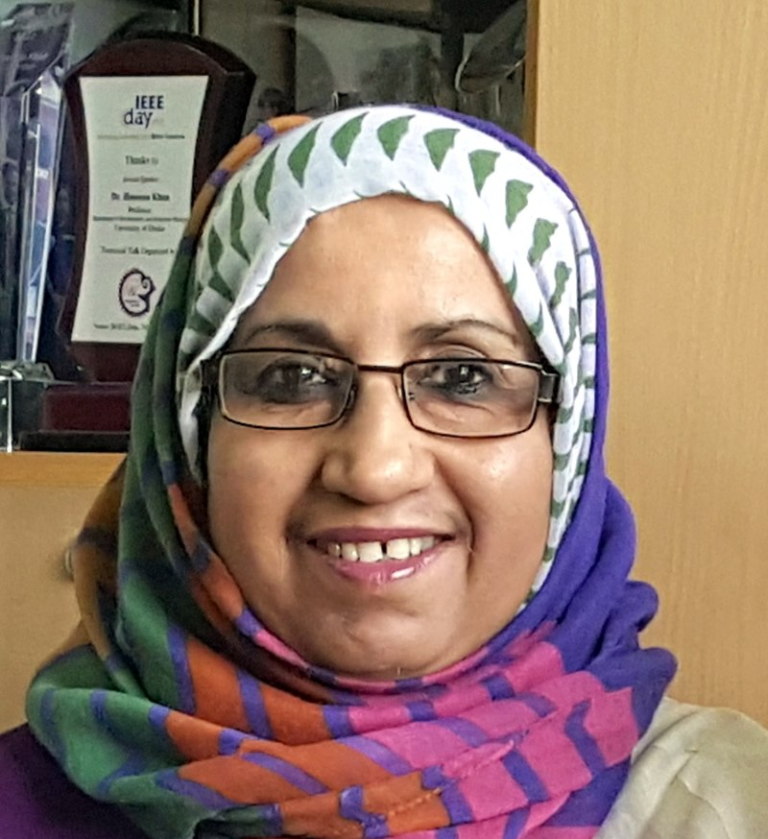
Dr. Haseena Khan
Fellow, Bangladesh Academy of Sciences
Dhaka University, Dhaka, Bangladesh
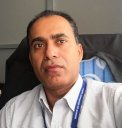
Dr. Rabindra Prasad Dhakal
Secretary
Nepal Academy of Science and Technology (NAST), Lalitpur, Nepal
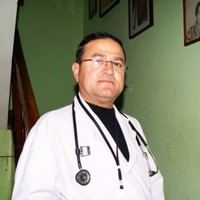
Dr. Damber Nirola
Khesar Gyalpo University of Medical Sciences of Bhutan, Thimphu, Bhutan
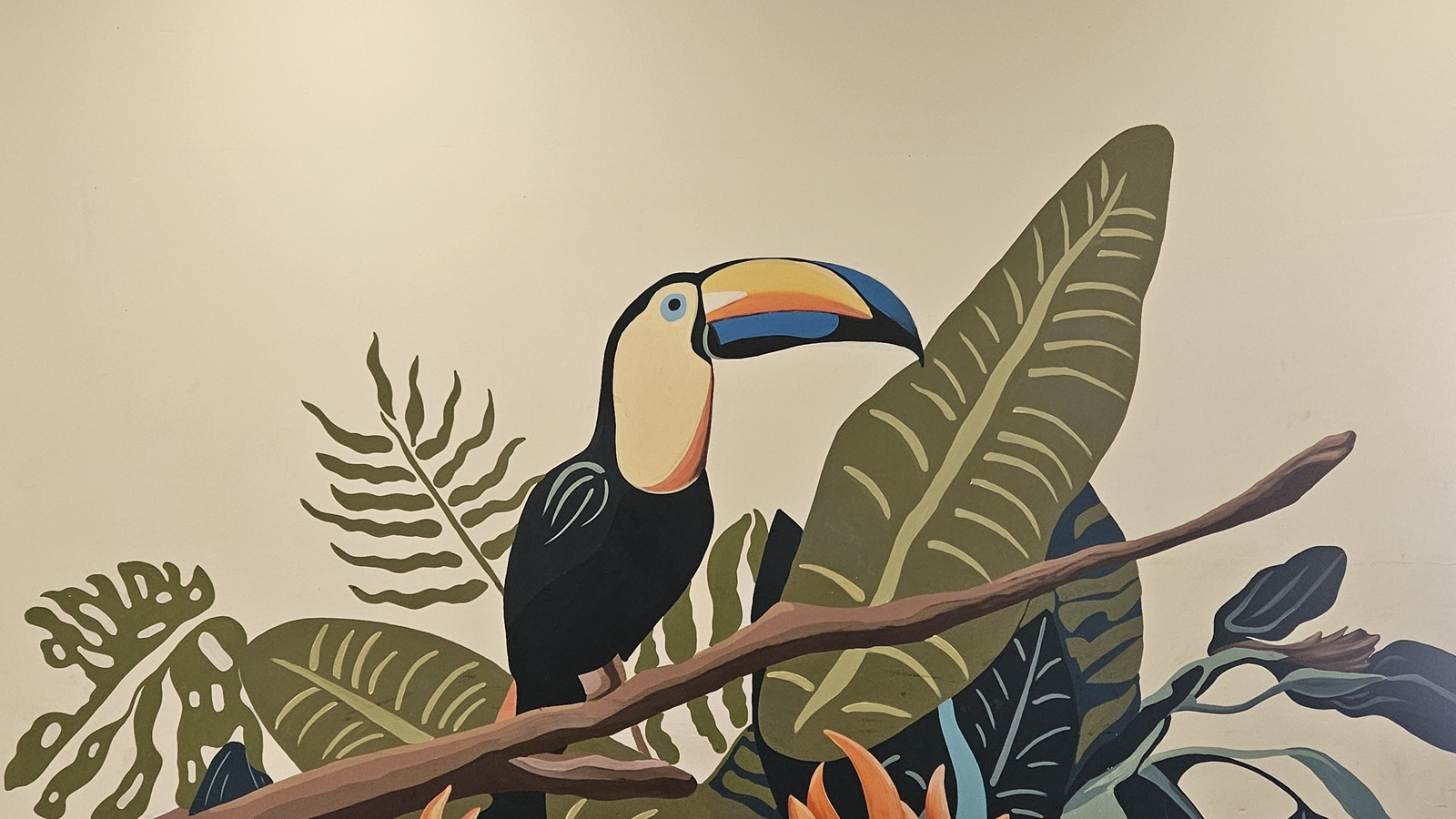
Abstract Guidelines
- All abstracts must be submitted in English.
- Each abstract should not exceed 300 words.
- Abstracts should indicate new work from the lab.
- The following structure must be followed when submitting an abstract:
- Title
- Authors and Affiliation (The presenting author must be underlined)
- Short Introduction
- Brief Methods
- Results
- Conclusions
- No Figures/tables or special characters are not allowed in the abstract.
Abstracts can be presented either in poster or oral format. Following submission, the organizing committee will confirm the mode of presentation. Due to limited session time, only few abstracts shall be selected for oral mode and the decision of the organizing committee shall be final on this.
Please submit your abstracts along with registration in the registration form.

South Asian Biotechnology Conference- SABC- 2025 will be held in the beautiful campus of South Asian University in Maidan Garhi, New Delhi.
Conference Venue
Life Sciences and Earth Sciences Building
South Asian University,
Rajpur Road, Maidan Garhi,
New Delhi-110068
Limited accommodation on payment basis will be available at the South Asian University Guest House in the campus.
Guest House Tariffs
- Room with double Bed (Single occupancy) – ₹1500/night
- Room with double Bed (Twin-sharing) – ₹1000/person/night
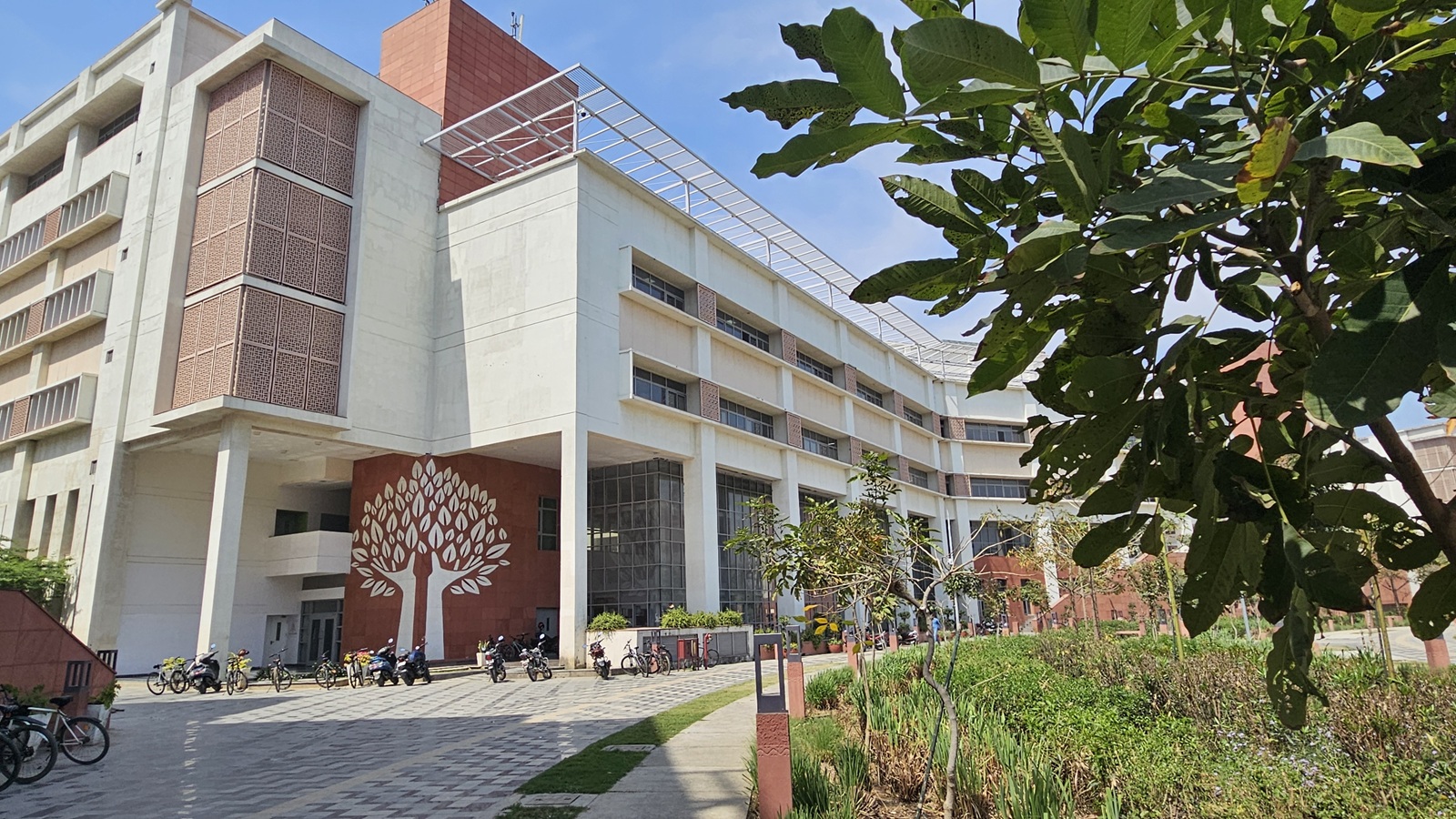
All participants are requested to register at the following link.
Register here
| Registration Type | Fee | Deadline |
|---|---|---|
| Early bird registration: | $50 or INR 5000 | Until July 31, 2025 |
| Regular registration: | $60 or INR 6000 | Until Aug 20, 2025 |
| Late registration: | $80 or INR 8000 | Until Sept 30, 2025 |
| For Industry Delegates: | $100 or INR 10,000 |
For queries, contact sabc2025@sau.int

Hands on training in gene expression analysis using qRT-PCR and Western blotting
Gene expression analysis is crucial for understanding biological processes at the molecular level. Its significance lies in providing insights into the molecular mechanisms of disease progression, stress physiology, therapeutic response, and developmental biology.
The most widely used techniques for exploring gene expression at the mRNA and protein levels are Real-time PCR/qRT-PCR and western blotting, respectively. In South Asia, most molecular biology laboratories are now equipped to perform both these techniques, making training in these methods very beneficial.
In this workshop, we plan to provide comprehensive hands-on training on qRT-PCR and Western blotting to selected young researchers. Our goal is to address the nuances of these techniques, such as experimental design, selection of the correct housekeeping gene, and overall practical training. We believe that this training will greatly benefit young research scholars, including faculty and PhD students.
